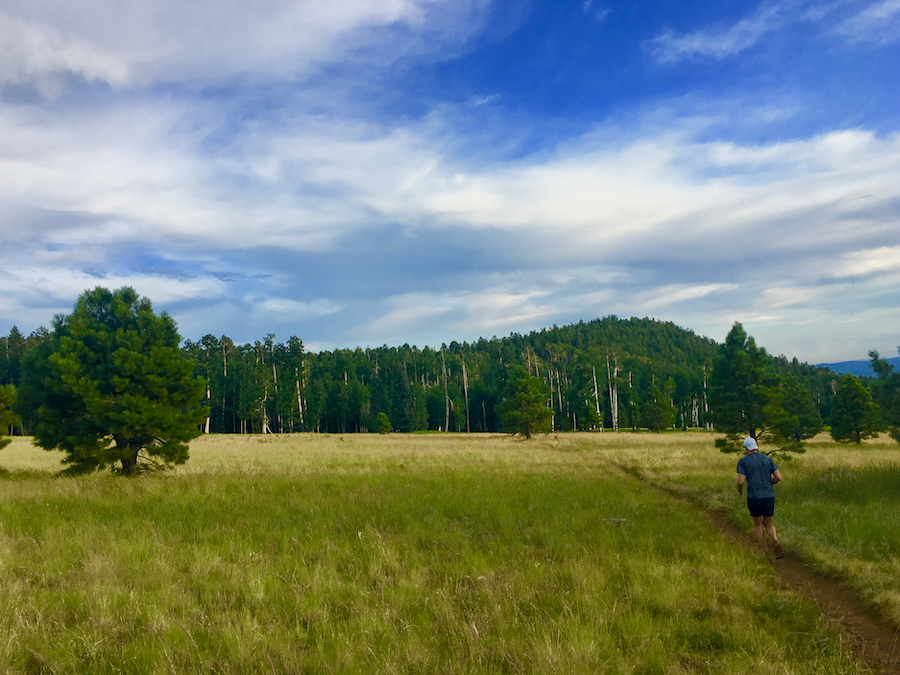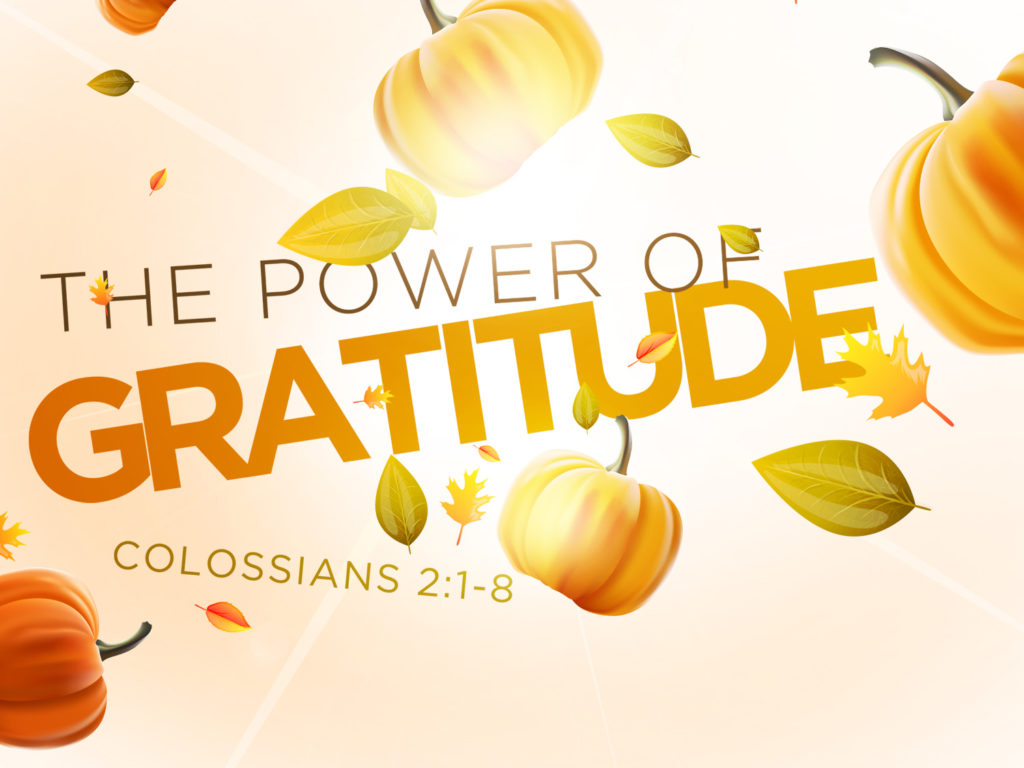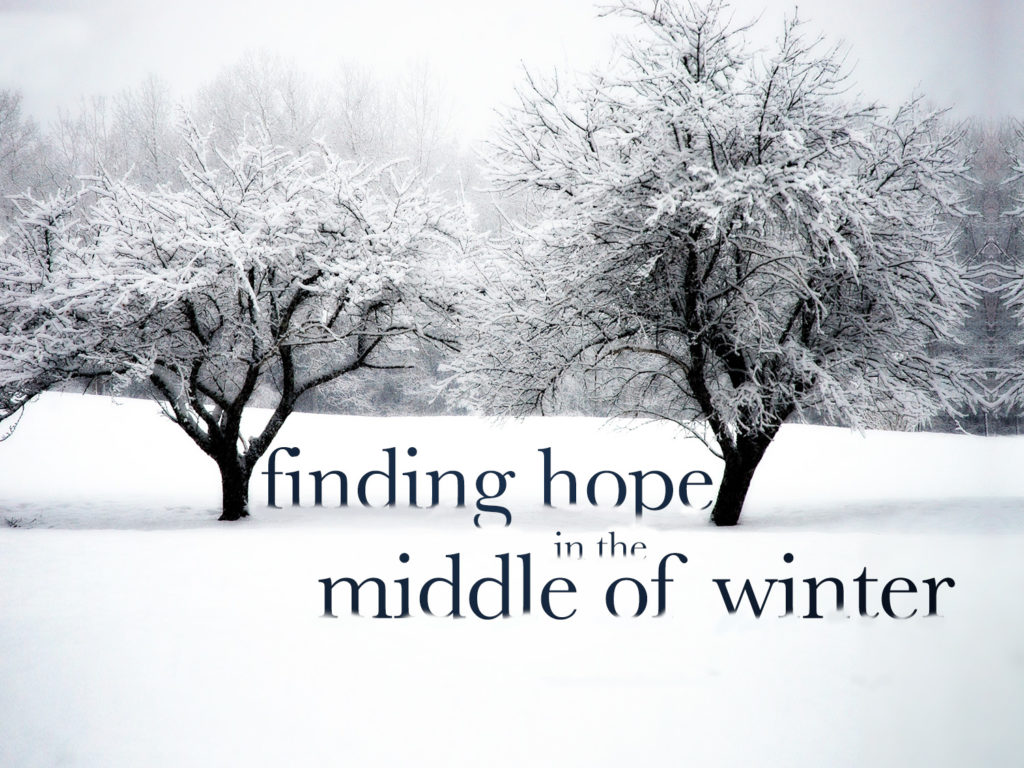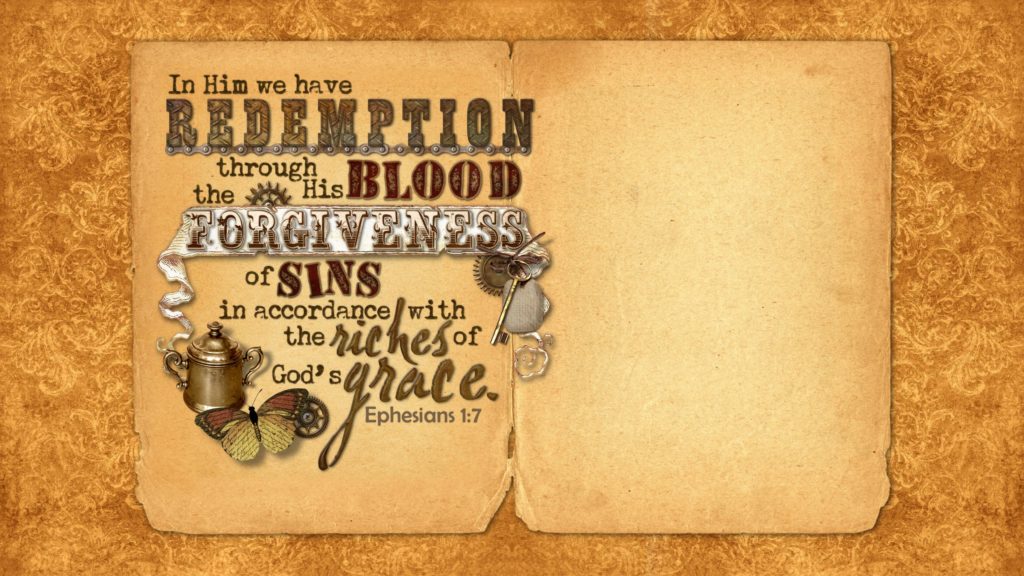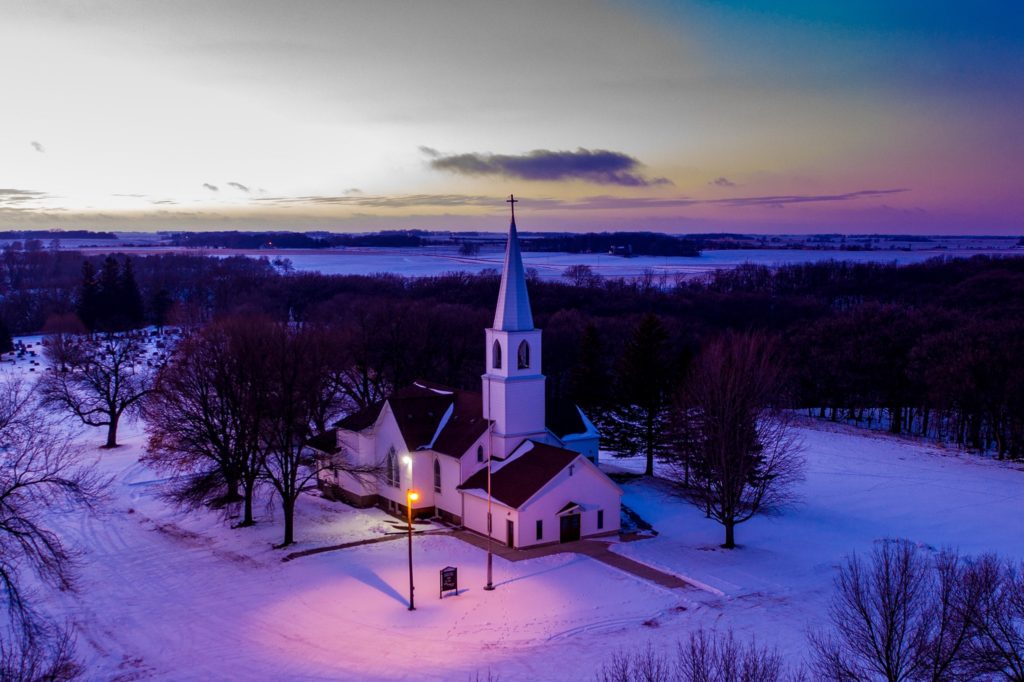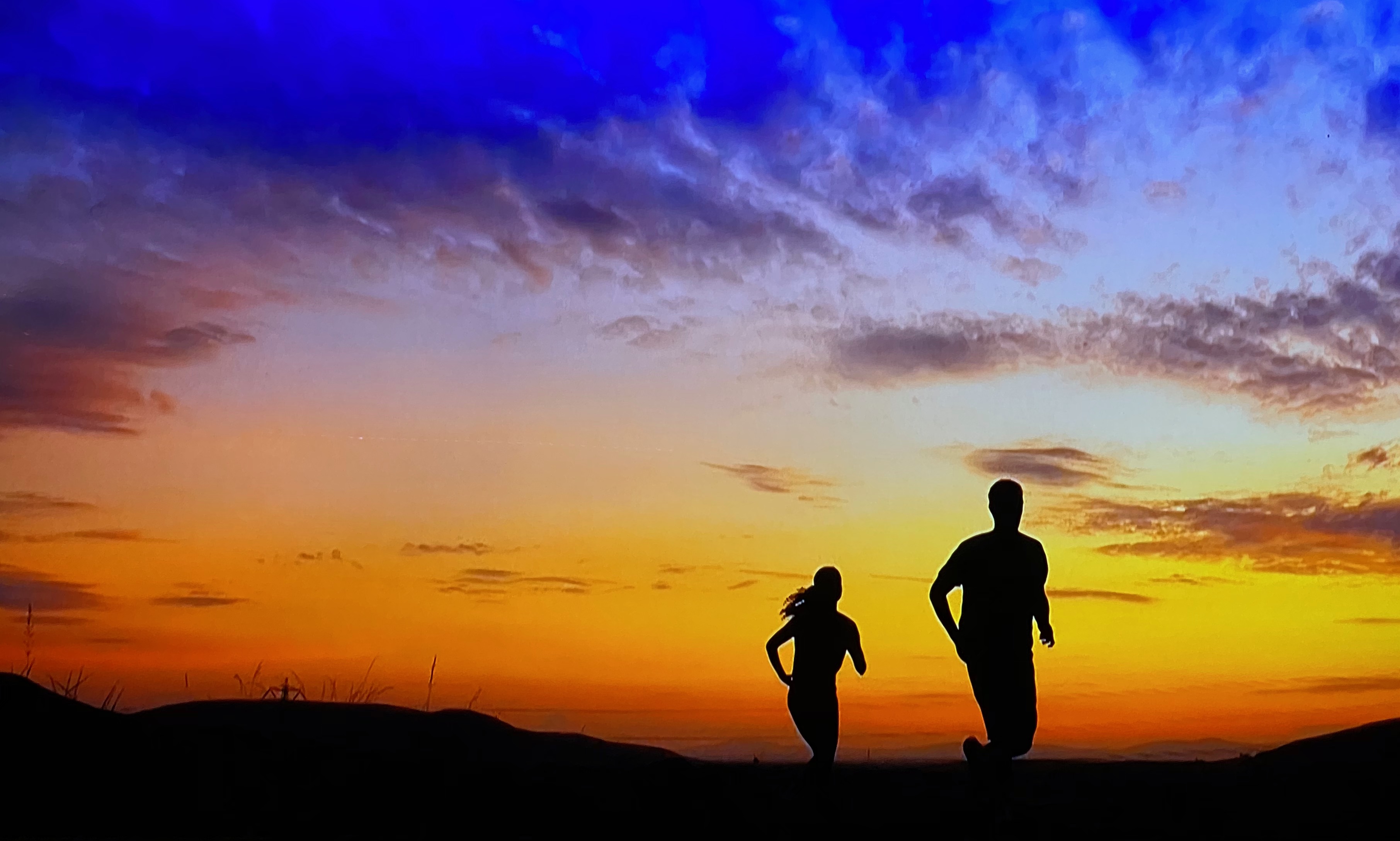
“Exercise has such a wide range of physical and mental benefits that, if it were a pill, it would undoubtedly be the most widely prescribed of all medications. It is amazing that, despite this evidence and the public’s apparent acceptance of the importance of physical activity, millions of American adults remain sedentary.”
Dr. Gregg D. Jacobs (Ph.D.)
Dr. Gregg D. Jacobs (Ph.D.) writes the following about the practical benefits of exercise…
“If sedentary adults would adopt a more physically active lifestyle, they would experience a wide array of physical and mental benefits, including:
- Weight loss
- Lessened anxiety, stress, and depression
- Improved mood, energy, and a sense of well-being
- Improved self-control
- Improved health, longevity, and quality of life
- Improved sleep
- Reduced pain and disability
Regular exercise enhances health by improving…
- cardiovascular functioning,
- bone density, and
- immune functioning,
- and by reducing blood pressure and cholesterol
People who are physically active are much less likely to suffer from…
- coronary heart disease,
- hypertension,
- diabetes,
- osteoporosis,
- obesity,
- back problems,
- and colon cancer
Exercise also improves psychological functioning. Exercise is an outlet for the body’s excessive tension, providing a healthy way to release anger and anxiety.
Exercise has a tranquilizing effect that reduces anxiety more effectively than many anti-anxiety medications.
Studies have found that the tranquilizing effect follows within five to ten minutes of completing exercise and lasts for at least four hours.
Therefore, physically active people are less likely to develop mental health problems such as anxiety and depression.”
“Yes, I’ve had moments of euphoria known as the ‘runner’s high,’ and there are reams of scientific studies showing that running improves mood, alleviates depression and anxiety, and basically does every good thing for your brain short of removing it from your skull, giving it a wash and a blow dry, and putting it back in all toasty warm.”
– Peter Sagal
May 2017 issue of Runner’s World Magazine
John Piper writes in his book, When I Don’t Desire God…
“The Bible has little to say about physical exercise, not because it’s not important for modern sedentary people, but mainly because, in the biblical world of walking and farming and manual labor, the lack of physical exercise was not a problem.
The call today is for spiritual wisdom based on biblical principles and contemporary medical knowledge.
The biblical principles would include the following:
- Our bodies belong to Christ and are meant to glorify him (1 Cor. 6:19-20);
- Laziness is wrong and self-destructive (Prov. 21:25);
- Christians should be free from enslaving habits (1 Cor. 6:12);
- Hard work is a virtue and brings rewards (2 Tim. 2:6);
- Advance usually comes through affliction (Acts 14:22);
- and all Christ-exalting efforts are to flow from faith in the gospel of Jesus Christ (Gal. 6:14).
‘No pain, no gain’ is an idea that could be documented from all over the Bible, especially the sacrifice of Christ.”
“$120 billion – the amount the United States would save annually in healthcare costs and related expenses if sedentary children began exercising every day.”
– May 27, 2017 issue of World Magazine
In the April 2017 issue of Christianity Today, Bradley Wright and David Carreon wrote…
“Research has found, for example, that people with more self-control…
- live longer,
- are happier,
- get better grades,
- are less depressed,
- are more physically active,
- have lower resting heart rates,
- have less alcohol abuse,
- have more stable emotions,
- are more helpful to others,
- get better jobs,
- earn more money,
- have better marriages,
- are more faithful in marriage,
- and sleep better at night.”
Moving our bodies regularly will benefit us in so many potentially profound ways.
So, whether you prefer to walk, hike, swim, bike or run… my encouragement is to get out and move regularly.
By way of encouragement, my dear 90-year-old mom gets out and walks a half mile to a mile (some of that is even uphill) almost every day 🙂
Bottom line: The more we get up, get out and move our bodies, the better we will be.
“So, whether you eat or drink, or whatever you do, do all to the glory of God.”
(1 Cor. 10:31 ESV)

